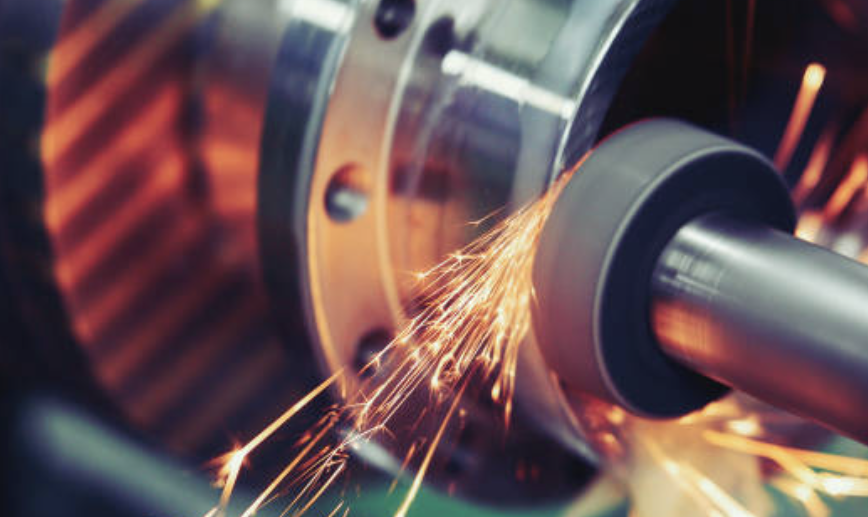
Posted on Tuesday, April 2, 2024
In the realm of weaponry and ammunition, precision and reliability are paramount. Metal fabrication plays a crucial role in achieving the high standards required for crafting firearms and ammunition, and CNC (Computer Numerical Control) machining is at the heart of this process. This blog delves into how CNC machines contribute to producing firearm barrels, chambers, and other critical components, along with a case study on crafting high-precision sniper rifles.
CNC machining is indispensable in the weaponry and ammunition industry. These machines are capable of creating complex geometries and maintaining tight tolerances, which are essential for firearm components such as barrels, chambers, and firing mechanisms. Here’s why CNC machining is vital in this field:
A leading defense contractor sought to develop a sniper rifle with unmatched precision for long-range engagements. The project required barrels capable of withstanding extreme conditions while delivering consistent performance.
The resulting sniper rifle demonstrated superior accuracy, durability, and ease of maintenance, becoming a benchmark in its category.
What is CNC machining, and why is it vital for ammunition manufacturing?
CNC machining is a manufacturing process in which pre-programmed computer software controls the movement of tools and machinery. It is vital for ammunition manufacturing because it ensures the high precision and consistency needed for safety and performance. CNC machining produces critical components like bullet casings, primers, and firearm chambers with unparalleled accuracy.
What are the main components of a firearm made using CNC machines?
CNC machines are commonly used to manufacture:
What is rifling, and why is it important in firearm barrels?
Rifling refers to the spiral grooves inside a firearm barrel that impart a spin to the bullet as it exits. This spin stabilizes the bullet in flight, improving accuracy and range. CNC machines are essential for crafting these grooves with precision.
What are the advantages of using CNC machines for weaponry production over traditional methods?
The integration of CNC machining in weaponry and ammunition manufacturing has revolutionized the industry, enabling the creation of highly precise and reliable products. From sniper rifles to automated firearm systems, CNC machines ensure that every component meets the stringent demands of modern weaponry.
This technological synergy not only enhances performance but also sets a new standard for innovation in defense manufacturing.

Used Purlin Roll Forming Machines for Sale Worldwide
Posted on Sunday, January 25, 2026
Pre-Owned Roll Forming Machines for Purlin & Structural Steel Profiles

Used Roof Panel Roll Forming Machines for Sale Worldwide
Posted on Sunday, January 25, 2026
Pre-Owned Roll Forming Machines for Roofing Panel Production

Used Roll Forming Machines for Sale Worldwide
Posted on Tuesday, January 20, 2026
Pre-Owned Roll Forming Machines with Inspection, Verification & Global Support

Steel Coil Supply for Roll Forming Machines Worldwide
Posted on Tuesday, January 20, 2026
Reliable Steel Coil Supply for Roll Forming, Fabrication & Manufacturing Applications
Copyright 2026 © Machine Matcher.